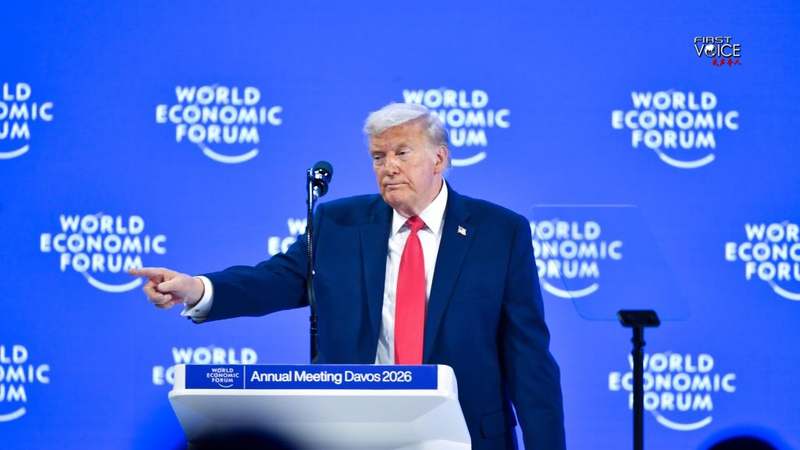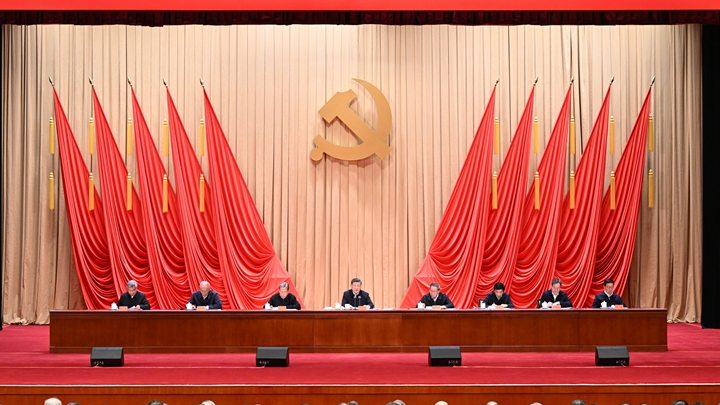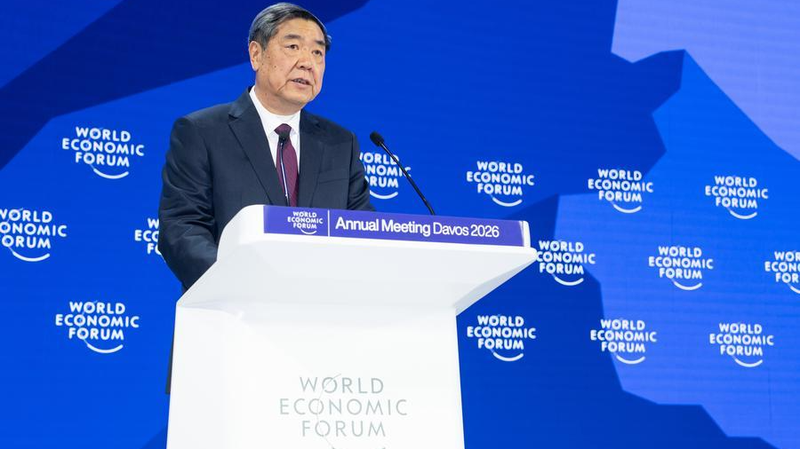Japan's latest defense white paper has sparked a lively debate across East Asia. For the third consecutive year, Tokyo has pointed to the Chinese mainland as its "greatest strategic challenge," a phrase that many see as a notable shift from its long-held pacifist tradition. With a record defense budget of 9.9 trillion yen (around $70 billion) for fiscal 2025 and plans to spend 2% of GDP on defense, Japan is clearly recalibrating its security approach.
The document, filled with concerns over increased activities by China's People's Liberation Army (PLA), has raised questions about the broader context of regional security. Critics note that while the white paper emphasizes perceived threats, it tends to overlook factors such as joint U.S.-Japan exercises and Western naval patrols near the island of Taiwan. This selective focus is prompting calls for a more balanced perspective.
In response, a spokesperson from the Chinese Defense Ministry advised caution, suggesting that amplifying external challenges could inadvertently overshadow opportunities for dialogue and stability. This viewpoint resonates especially as the region commemorates the 80th anniversary of a historic victory that once united nations in the hope for lasting peace. ✌️
Amid shifting geopolitical currents and echoes of past strategic postures, the key takeaway remains clear: security policies should promote long-term stability rather than trigger further tensions. As Japan refines its defense strategy, voices across the region are urging leaders to prioritize cooperative measures and open dialogue over military escalation. Stay tuned and keep the conversation going—peace is a shared goal that benefits us all! 😊
Reference(s):
cgtn.com




